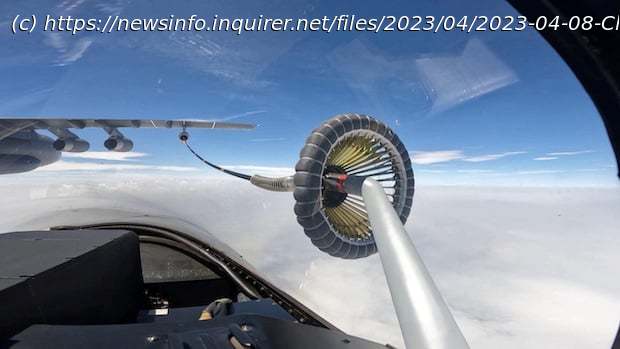Array
/ TAIPEI — Seventy-one Chinese military aircraft crossed the sensitive median line of the Taiwan Strait on Saturday as China began drills around Taiwan in anger at President Tsai Ing-wen’s meeting with the speaker of the US House of Representatives.
The three-day drills, announced the day after Tsai returned from the United States, had been widely expected after Beijing condemned her Wednesday meeting with Speaker Kevin McCarthy in Los Angeles.
China views democratically governed Taiwan as its own territory and has never renounced the use of force to bring the island under its control. Taiwan’s government strongly objects to China’s claims.
Beijing’s announcement also came just hours after China hosted a visit by senior European leaders.
The People’s Liberation Army said it had started the combat readiness patrols and “Joint Sword” exercises around Taiwan, having said earlier it would be holding them in the Taiwan Strait and to the north, south, and east of Taiwan “as planned.”
“This is a serious warning to the Taiwan independence separatist forces and external forces’ collusion and provocation, and it is a necessary action to defend national sovereignty and territorial integrity,” the Chinese army’s Eastern Theater Command said in a statement.
Taiwan’s Defense Ministry said as of 4 p.m. (0800 GMT) on Saturday it spotted 71 Chinese aircraft, including fighter jets and bombers, crossing the median line that normally serves as an unofficial barrier between the two sides, as well as nine Chinese ships.
China was using Tsai’s US visit “as an excuse to carry out military exercises, which has seriously damaged regional peace, stability and security,” the ministry said in a statement.
“The military will respond with a calm, rational, and serious attitude, and will stand guard and monitor in accordance with the principles of ‘not escalating nor disputes’ to defend national sovereignty and national security.
Home
United States
USA — Science Chinese planes cross Taiwan Strait median line as angry China starts drills






